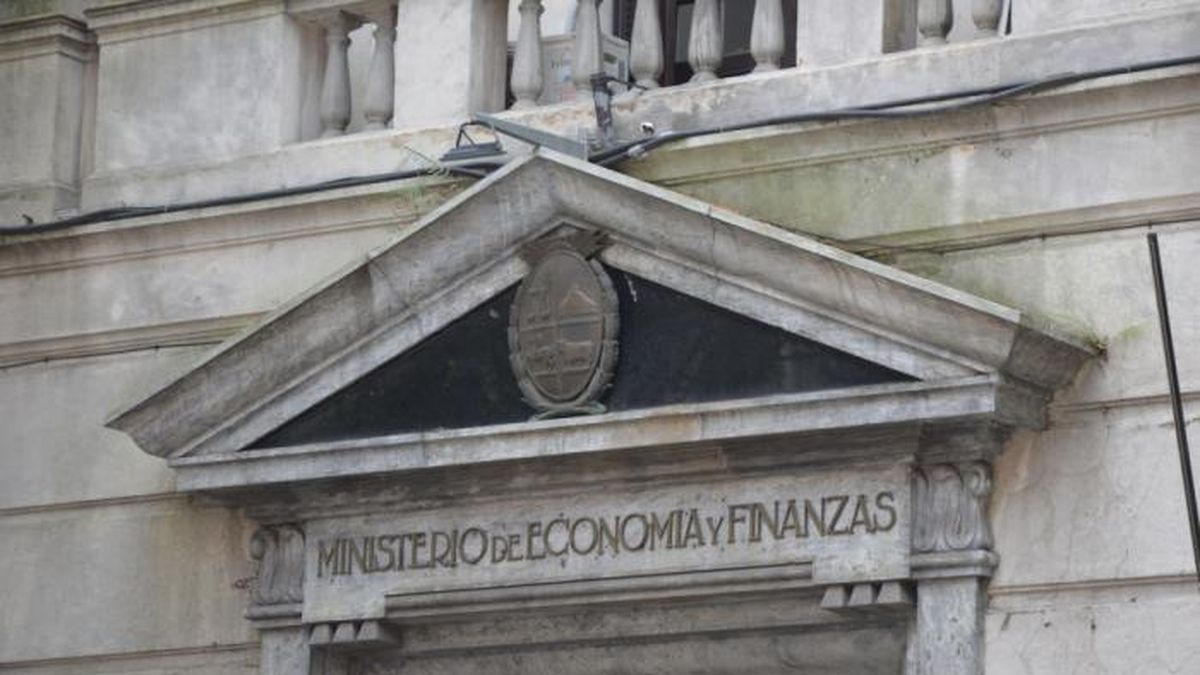He fiscal deficit in Uruguay rose for the second consecutive month so far this year, and worsened compared to the February measurement, standing at 4% of the Gross product Internal (GDP) in the last 12 months closed to March.
The result of Global Public Sector (GSP) was -2.8% of GDP in March, but if it is adjusted for the effect of the inflow of funds to the Social Security Trust (FSS) and of the advances made, stood at -4%, as reported by the Ministry of Economy and Finance (MEF). This represents the second consecutive monthly deterioration of public accounts, an even more alarming factor if one considers that reducing the deficit is one of the pending issues at the economic level for the current government administration, which has less than a year left. .
He Public Sector Result report As of March 2024, it also recorded that, in the 12 months ended March, the result of the Central Government – Social Security Bank (GC-BPS) It stood at -2.2% of GDP. The data took into account that last year the payments of liabilities, remunerations and transfers (BPS) for April were brought forward to the month of March, something that did not happen this year. Adjusting for this effect, the result of the GC-BPS was -3.3% of GDP.
The income to the FSS, meanwhile, was 0.1% of the product. Also adjusting for this effect, the result was -3.4%.
Likewise, the GC-BPS interest payment was 2.4% of GDP, with a minimal difference compared to a month ago when it was 2.5%. And the result of the public enterprises was -0.1%.
In relation to the -3.8% resulting in February, the March results implied a deterioration of 20 basis points in terms of the global deficit of the public sector.
The debt, one of Uruguay’s pending issues
A little over a month ago, the risk rating agency Fitch Ratings posted a warning for Uruguay regarding the status of your public debt in relation to the Gross Domestic Product (GDP); and he pointed out that although the tax rule is helping to improve the country’s fiscal credibility, it still needs to work on reducing debt.
The Uruguayan debt has been one of the alarm points for national economic development indicated by different international organizations and institutions, such as, even, the International Monetary Fund (IMF). In that sense, Fitch called to work with greater intensity to reduce the deficit, even despite the recent good results at the macroeconomic level that resulted in the improvement of the country’s credit rating by Moody’s.
“The fiscal rule of Uruguay is helping to improve fiscal credibility, but it has yet to anchor consolidation enough to fully stabilize debt/GDP, the US agency said in a statement published on its website. Only in this way, he insists, would he support a greater improvement than the one he received from the rating agency in June of last year—when it granted the rating BBB with stable outlook.
Certainly, the worsening of fiscal results in recent months is not along these lines, which is why the alarms are still ringing in the government.
Source: Ambito




